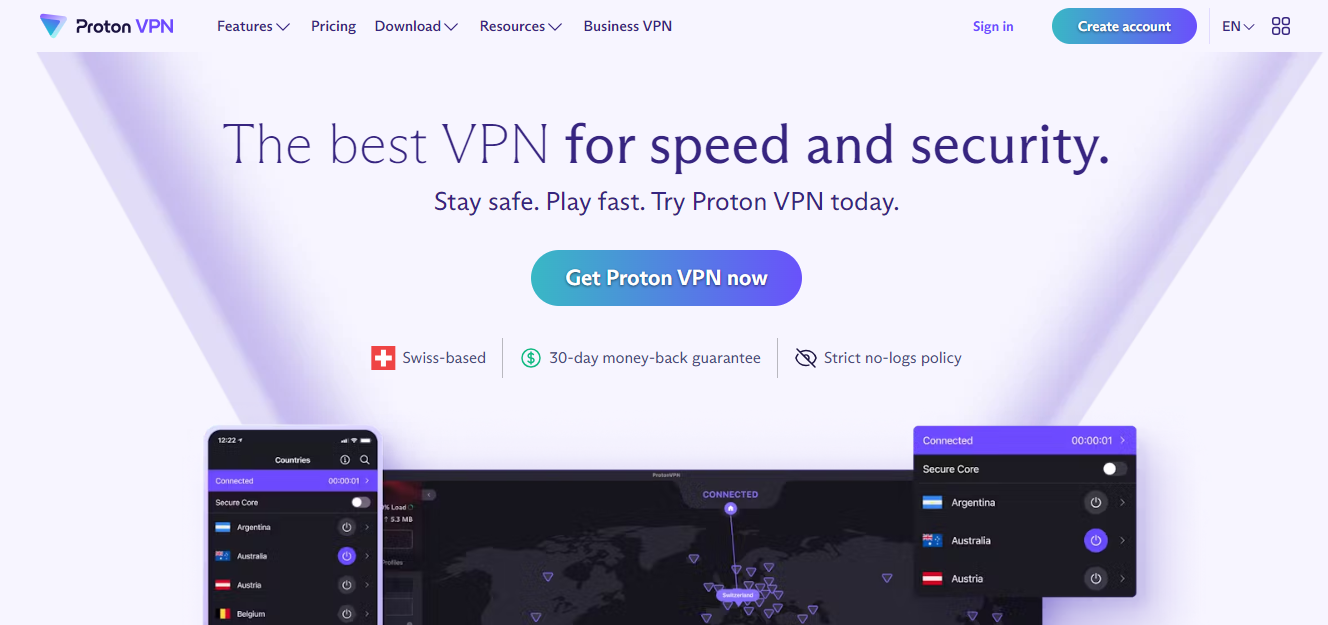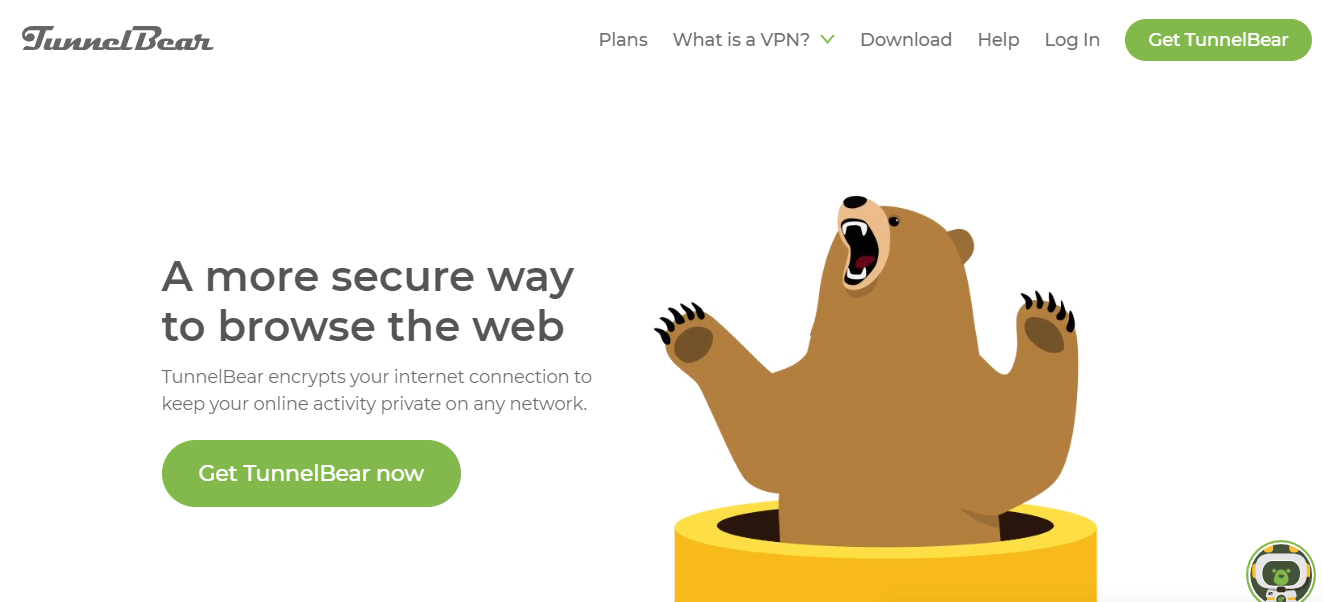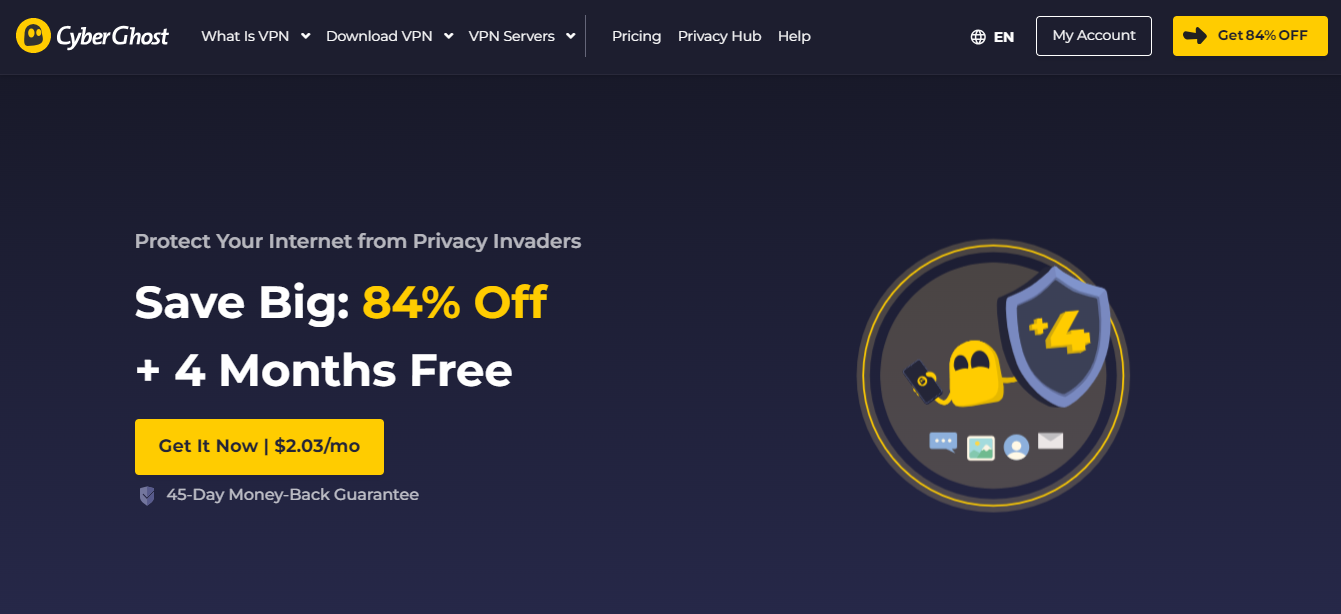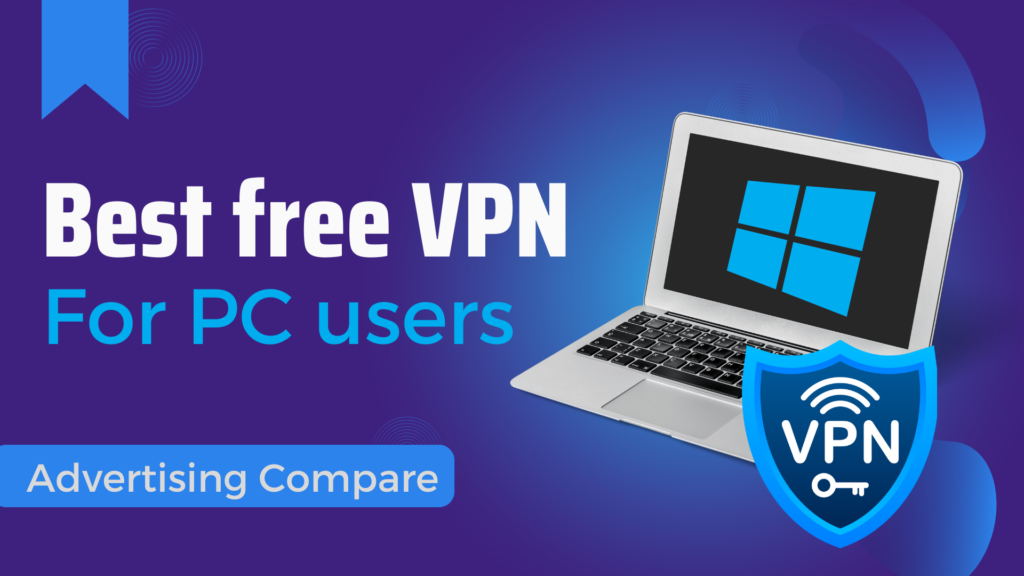Are you looking for the Best VPN for your PC? Want to know the most important things needed in a good VPN? Here we have the top free VPN for PCs.
Regaining some of your online privacy can be achieved by using a virtual private network, or VPN, on your computer. However, if you download any VPN app from the Microsoft Store at random just because it’s free, you can jeopardize the security of your device and private information. You must exercise caution since free VPNs may be carrying out dubious activities in the background.
Fortunately, there are reliable premium VPNs that provide free trial periods or membership tiers for the most basic requirements of their consumers. These solutions are protected by the same strict privacy and no-logs standards as the providers’ premium subscriptions, even if they have fewer features, servers, and support options. That’s, like, the main reason you should purchase a VPN in the first place.
Also Learn: How To Install A VPN on a Router in 2025
Things Needed in A good VPN
Things needed in a good VPN are very important for it to be considered a good VPN. The things required in the Top Free VPN for PCs are
1. Feature inclusions:
In terms of privacy tools, most premium VPNs are comparable, thus I don’t find any significant differences between providers in this area. However, it’s crucial to mention a few of the key ones I watch out for:
In the event that your VPN drops, a kill switch will instantly cut off your device from the internet. (This one cannot be negotiated.)
support for multi-hop connections, which allow your data to pass via multiple VPN servers. This provides an additional degree of security.
For streaming and gaming, split tunneling—a technique that distributes some of your data outside of the VPN and across it to save bandwidth—can be helpful.
Providers frequently provide extra security features like malware/adware blockers, data breach detectors, and cloud storage with their VPN packages. Although they won’t improve the VPN itself, these are nevertheless useful to have in addition to your trusted password manager and antivirus program. (Always choose a reliable VPN over one with a ton of add-ons if you have to choose between the two.)
2. Kind of protocol:
The collection of guidelines that govern data communication between a VPN’s servers and your devices is known as its protocol. In recent years, a number of VPN services have created proprietary protocols, however, OpenVPN is still the most well-liked and well-respected choice: Its code is open-source, secure, and stable, allowing anyone to check for flaws. Another excellent option that is purportedly faster and newer than OpenVPN is WireGuard.
3. Type of encryption:
By encrypting your data and converting it into unintelligible “ciphertext” that can only be accessed with a secret key or password, a VPN safeguards your information. The Advanced Encryption Standard (AES) 256-bit encryption technique is used by almost all premium VPNs and is virtually impenetrable by outside parties.
4. Size and spread of the server network:
Because there is more bandwidth available for streaming, choosing a VPN with a wide server network reduces the chance that you will share it with a significant number of other customers.
In a similar vein, a VPN that has a widely dispersed network of servers across the globe would facilitate your ability to fake particular regions and locate one nearby to maximize connection speeds. Few premium VPNs have a significant presence in Africa; the majority operate servers in the Americas, Europe, Asia, and Australia.
5. The number of connections made at once:
Depending on the provider, most VPNs allow for the usage of five to ten devices per account, which ought to be plenty for individual users. A few of them allow for infinite simultaneous connections in order to better accommodate larger households.
6. Options for customer service:
If a problem occurs with a user’s VPN account or connection, support should be available to them by phone, email, or live chat around the clock. (Tutorials and online discussion boards are helpful, but insufficient on their own.) Additionally, I favor VPNs that include a money-back guarantee of some form; typically, this lasts for 30 days.
7. Total worth:
Depending on the duration of the membership, premium VPN services normally charge $2 to $12 per month for client access. If the higher end of that range provides you with a dependable, responsible VPN with some helpful security features, it’s easier to justify.
8. Usability:
It’s crucial to note that a lot of well-known VPN providers claim that because of local monitoring regulations (such as those of the Five, Nine, and 14 Eyes coalitions), their jurisdiction or the location of their headquarters can have major privacy ramifications. Without going too technical, the experts I spoke with advised against placing too much stock in these statements since, in the event that the necessity arises, authorities will find a means to obtain user data. To complete the circle, they said that it’s more worrisome whether a VPN provider is actually keeping any data at all.
In fact, consumers would be better served by selecting a VPN with its main office located in a nation where there are robust consumer rules against misleading advertising, such as the United States and several European Union nations. These might be useful in the event that the privacy policies of a provider are ever questioned.
Top Free VPNs for PC users in 2025
I’ve evaluated every top VPN for Mashable before, and now that I’ve retested them on Windows devices, I’m prepared to suggest the top free VPNs for PC users in 2025 and 2026.
- Proton VPN
- Tunnel Bear
- CyberGhost
1. Proton VPN:
 For whom is it intended?
For whom is it intended?
For PC users who are concerned about privacy and want to surf without worrying about data constraints, Proton VPN’s free tier is the ideal option. It’s also possible to join up for the free plan without providing credit card details.
However, because it does not allow you to select the servers you connect to, it is not a good option for location faking or unblocking local material. Windows 7 or later is needed.
Why this was our choice:
It’s really easy to suggest Proton VPN just based on its transparency, which is kind of its whole point. Its transparent no-logs policy is audited by other parties on a regular basis to validate its infrastructure; no account is required, and anybody may read it. Every time it receives a new legal request, it releases transparency reports. It was the first VPN service provider to offer a bug bounty program and make its code open source, allowing anybody to examine it for potential security flaws. It just seems like it has nothing to conceal, to put it simply.
Proton VPN claims to have two free servers in Romania and Poland, but I was only able to access the U.S., Japan, and the Netherlands. Based on this, I don’t think it will be sufficient for most location spoofers or foreign broadcasters. However, for casual browsing, it works well. The biggest attraction is unlimited data; if desired, you can keep it connected around the clock. Furthermore, even though the servers I was using were usually rather full, they always connected quickly and reliably as I browsed the internet.
Although multi-hop and split tunneling capabilities are not included in free Proton VPN accounts, the previously mentioned Stealth protocol option is useful for additional security in some situations. In addition to the VPN itself, you also receive 2GB of secured cloud storage with Proton Drive as a bonus.
Advantages
- Credit card not needed
- robust company dedication to user safety; transparent privacy and no-logs guidelines
- Frequent security audits and publicly accessible transparency reports
- Open-source software and bug-reward schemes
- For free users, there are no time or data constraints.
- Users can access the Stealth protocol Kill switch for free.
- includes a free Proton Drive
Disadvantages
- Free accounts cannot select specific regions and are limited to using servers in five countries.
- It is not very helpful for unblocking regional content or location faking
- No “Secure Core” multi-hop for free users
- For free users, there is no split tunneling.
- The application’s UI appears a little busy.
2. Tunnel Bear:
 For whom it’s intended:
For whom it’s intended:
TunnelBear is an atypically upbeat VPN with a simple UI and a solid track record of openness. Its free tier is great for location spoofers (you get country-level server selection) and casual users alike, although it has a 2GB bandwidth cap and can be hard to connect at first. Windows 10 or above is needed.
Why this was our choice:
TunnelBear is undoubtedly the cutest VPN I’ve ever used, yet it takes user safety seriously with its bear animations and bear-themed features. Its privacy statement is written simply so that consumers can comprehend how their data is handled and gathered (minimally). It is also the only company that has been commissioning independent security assessments of its infrastructure and apps for the longest time, and anyone may access them. It occasionally provides transparency reports regarding any requests it receives from the government or law enforcement in addition to these audits.
2GB of data per month are included in TunnelBear’s free tier; this data does not expire. According to a TunnelBear representative, its paid users fund its free users, and their information is never recorded or sold. All you have to do to sign up is provide your email address; no credit card information is required.
Although TunnelBear has a smaller server network than other well-known VPN services, its free customers can hop between servers in other nations at any time, which is helpful for location faking. (That being said, don’t rely on it for foreign streaming as it was unable to unblock regional content.) Although it does not enable multi-hop connections, it does provide a fairly nice split tunneling solution (called SplitBear) for Windows apps and websites. Watch that data limit carefully, since a few hours of consistent browsing will quickly empty it.
Advantages
- Open and simple to comprehend privacy policy
- Frequent security audits and publicly accessible transparency reports
- Beginner-friendly UI that is cute and simple.
- Switch for kill
- Split tunneling is available to free users for Windows websites and applications.
- Country-level server selection is available to free users (47 possibilities, plus your Fastest Tunnel).
- Credit card not needed
Disadvantages
- Occasionally slow to establish a connection
- Absence of multi-hop connections
- Unable to unblock localized content during testing
3. CyberGhost:
 Who it’s for:
Who it’s for:
Those who don’t value strict transparency and who enjoy binge-watching and transient location spoofing should take advantage of CyberGhost VPN’s free trial. Windows 10 or 11 is needed.
Why this was our choice:
The CyberGhost PC app is a tiny window with a large “On/Off” button that you may expand to reveal a list of servers. There are no data or functionality limitations during the trial period, which lasts for 24 hours. You have complete control over its toolkit, which includes a content blocker for malware, trackers, and advertisements as well as split tunneling for websites (“Exceptions”). Additionally, you gain total access to its 100-country server network, which includes servers that are specifically designed for torrenting and streaming.
In testing, Google would sometimes require me to perform a reCAPTCHA when I moved locations, but other than that, connections were always quick and it had no effect on how quickly I browsed. When I switched to a British server, it also effectively unblocked regional content, which I was unable to do with Proton VPN or Tunnel Bear. You may easily catch up on your favorite foreign TV show with CyberGhost, but be aware that there is a time limit.
Advantages
- The Good Provides email and live chat service around the clock; quarterly transparency reports
- tidy app layout
- Cutoff valve
- vast, diversified server network throughout the world
- No limitations on features or servers (such as content blockers and split tunneling) for trial users
- Credit card not needed
Disadvantages
- The Windows trial is only good for 24 hours.
- I have only recently begun to perform routine audits.
- Absence of multi-hop connections
- In testing, switching servers brought up the reCAPTCHA.
- The parent company’s history is dubious
Conclusion
Regaining some of your online privacy can be achieved by using a virtual private network, or VPN, on your computer. However, if you download any VPN app from the Microsoft Store at random just because it’s free, you can jeopardize the security of your device and private information. You must exercise caution since free VPNs may be carrying out dubious activities in the background.

